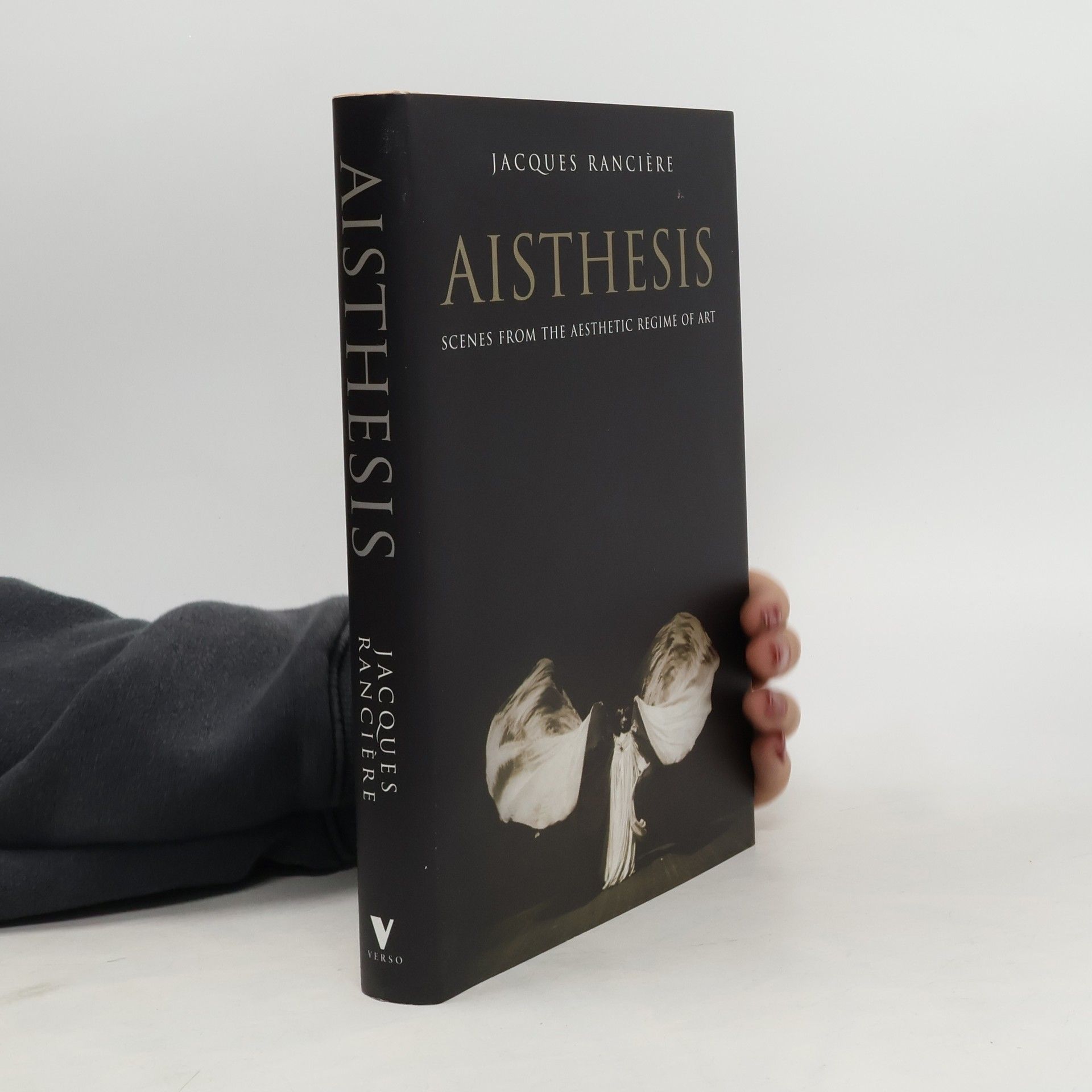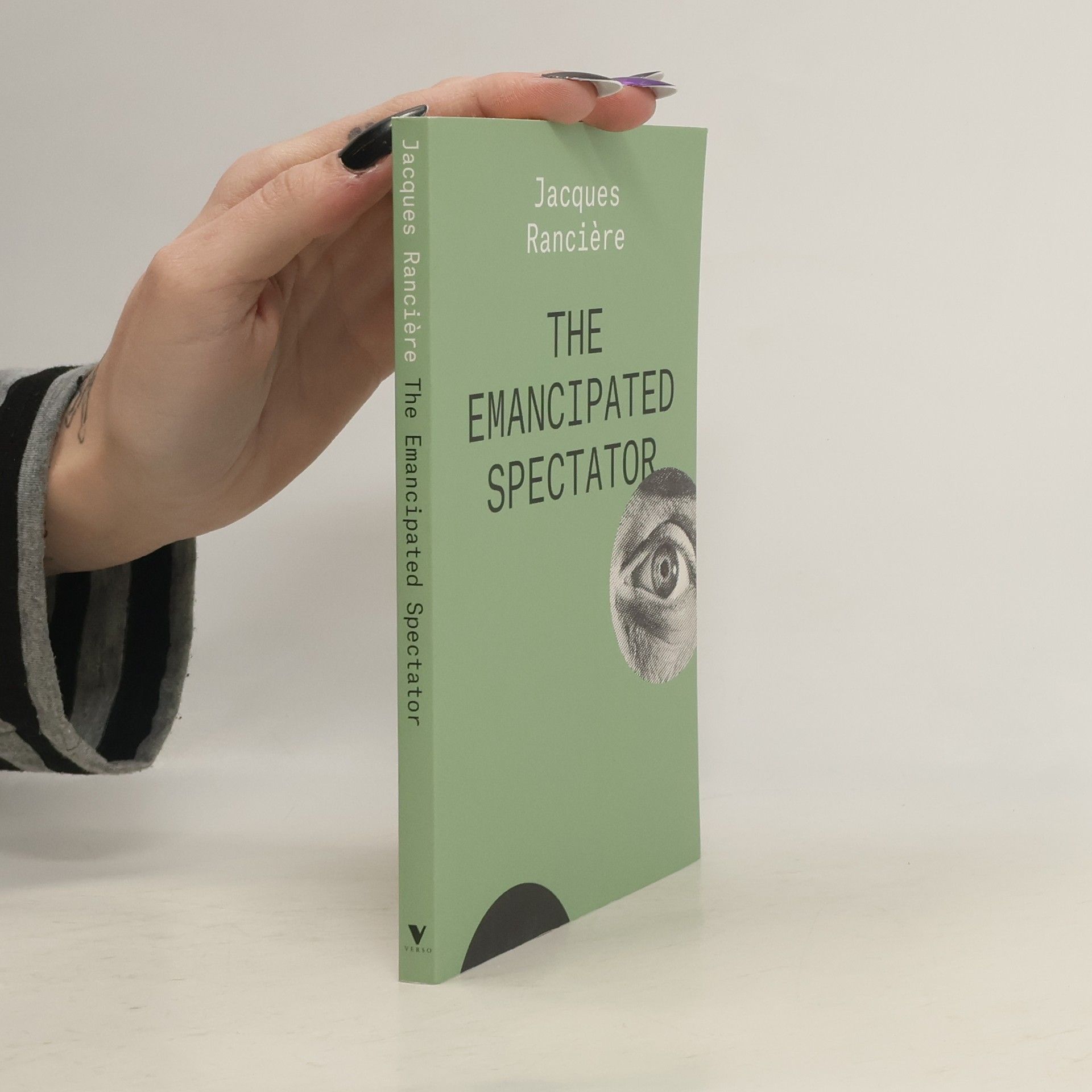What Times Are We Living In?
- 75pagine
- 3 ore di lettura
A leading radical thinker reflects on the state of contemporary politics--
Jacques Rancière è un filosofo francese il cui lavoro esplora concetti fondamentali del discorso politico, mettendo in discussione l'ideologia e il rapporto tra masse e conoscenza. Rompendo notoriamente con il suo mentore, ha studiato come percepiamo gli svantaggiati e come i pensatori interagiscono con coloro al di fuori dei circoli intellettuali. I suoi scritti successivi esaminano i diritti umani, in particolare l'autorità degli organismi internazionali nel determinare interventi e conflitti, e le sue teorie estetiche hanno influenzato significativamente le arti visive.







A leading radical thinker reflects on the state of contemporary politics--
Rethinking the role of the radical public intellectual
The foremost philosopher of art argues for a new politics of looking
Returning politics to its original and necessary meaning: the organization of dissent
From Almanac of Fall (1984) to The Turin Horse (2011), renowned Hungarian filmmaker B la Tarr has followed the collapse of the communist promise. The time after is the time when we are less interested in histories and their successes or failures than we are in the delicate fabric of time from which they are carved.
Composed in a series of scenes, Aisthesis–Rancière’s definitive statement on the aesthetic–takes its reader from Dresden in 1764 to New York in 1941. Along the way, we view the Belvedere Torso with Winckelmann, accompany Hegel to the museum and Mallarmé to the Folies-Bergère, attend a lecture by Emerson, visit exhibitions in Paris and New York, factories in Berlin, and film sets in Moscow and Hollywood. Rancière uses these sites and events—some famous, others forgotten—to ask what becomes art and what comes of it. He shows how a regime of artistic perception and interpretation was constituted and transformed by erasing the specificities of the different arts, as well as the borders that separated them from ordinary experience. This incisive study provides a history of artistic modernity far removed from the conventional postures of modernism.
The first English translation of Jacques Ranciere's first book, in which he explores and begins to move beyond the thought of his mentor, Louis Althusser.
Aiming to rethink the relation between art and politics, this title seeks to reclaim aesthetics from its contemporary narrow confines to reveal its significance for contemporary experience. It ranges across art and politics, the uses and abuses of modernity, the role of visual technologies, and the relationship between history and fiction.
The critique of modernist ideology from France's leading radical theorist
Cinema, like language, can be said to exist as a system of differences. In his latest book, acclaimed philosopher Jacques Rancière looks at cinematic art in comparison to its corollary forms in literature and theatre. From literature, he argues, cinema takes its narrative conventions, while at the same time effacing literature's images and philosophy; and film rejects theatre, while also fulfilling theatre's dream. Built on these contradictions, the cinema is the real, material space in which one is moved by the spectacle of shadows. Thus, for Rancière, film is the perpetually disappointed dream of a language of images.